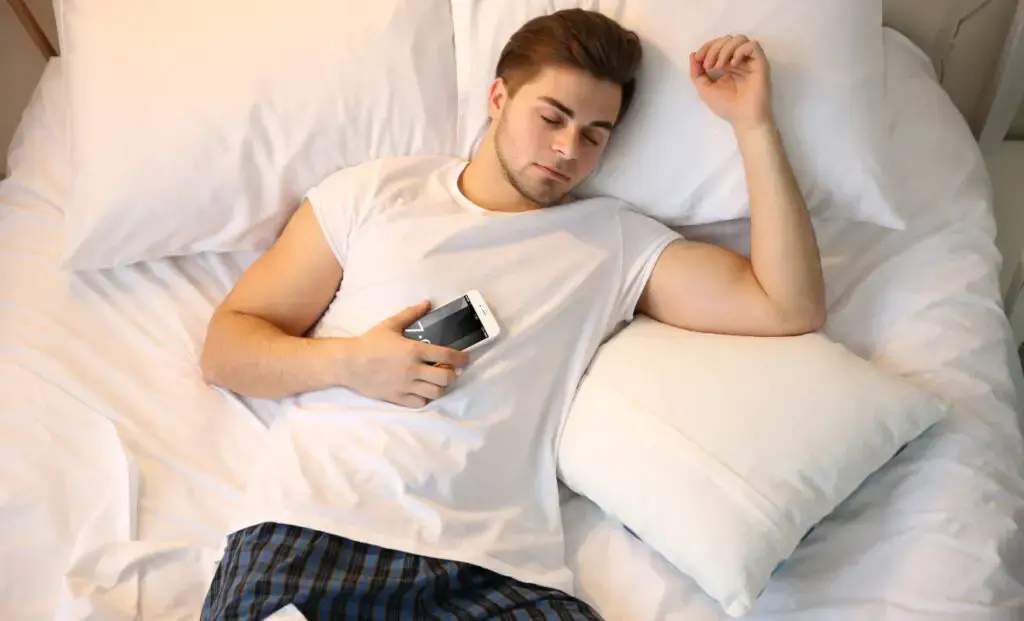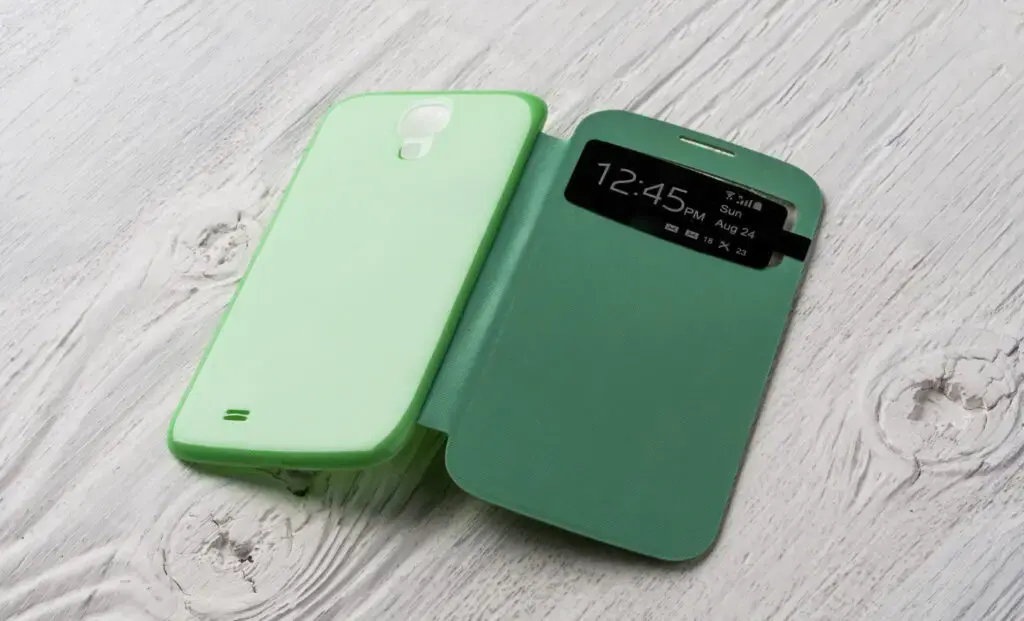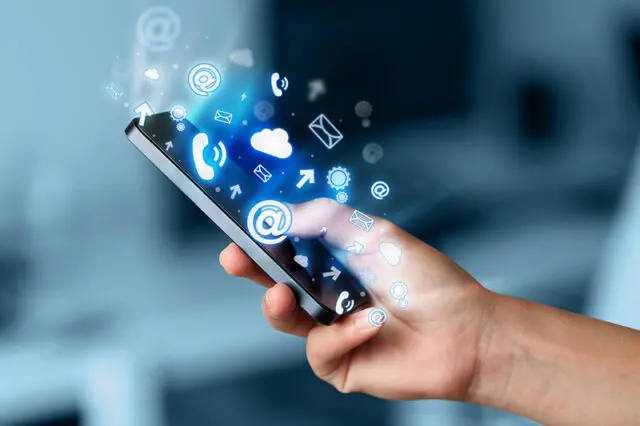Do you remember how things were some two to three decades ago when there were no mobile phones? Messaging was done through letters, messengers, landlines, fax, and the rest. Delays, among other inconveniences, characterized that tread. Today, things are much better; mobile phone communication has made calling, messaging, chatting, and video calling a real-time event.
Especially in the Covid-19, mobile phones considered to be the most convenient and cost-effective source of communication and entertainment while being at home as long as network connectivity is available.
Amid all those benefits, you cannot overlook the bad effects of frequent use of a mobile phone. Among all, there is this most recent and developing disadvantage called nomophobia. It is the fear and state of anxiousness related to being without a mobile phone. It is most rampant among campus and college youths although older ones are getting into the mix.
Tips to Limit Your Cell Phone Radiation Exposure
Cell phones do produce radiation, dangerous even it’s quite limited. They use radiofrequency energy, which may be a sort of electromagnetic wave. Generally, the quantity they put out is below the FCC’s safe limit, but some models output more RF energy than others.
Radiofrequency energy may have some adverse health effects. Most cell phones operate within a secure range. If you still want to scale back your exposure to their radiation. Here are some tips to assist you in reducing your exposure while you employ your phone.
1. Use hands-free and text messages wherever possible
Assuming that phone radiation is something you would like to avoid, holding your smartphone up to your ear and chatting with friends for hours at a time may be a big no-no.
Instead, use a speakerphone or earphones. That way, you’ll be ready to place your phone on a table or surface while continuing to possess a conversation. Or better yet, use your landline to call, if you’ve got a landline phone.

Also, send text messages rather than calling. Certain things got to be discussed during a conversation. But if you’ve got something to mention to a lover or loved one which will be communicated via a text message, send a text message. You’ll also presumably save time.
And if you’ve got to talk without using speakerphone or earphones, attempt to reduce the quantity of your time you spend talking.
2. Carry and keep your smartphone away from your body
Keeping your smartphone against your body isn’t the simplest thing to try if you would like to scale back your exposure to telephone radiation. So rather than walking around together with your smartphone in your pocket, put it in your handbag, bag, or backpack.
Carry it somewhere far away from your body. For instance, if during a car, put it within the compartment. At reception or work put it on a table or desk.
3. Avoid using your phone when it has a low signal
The more energy your smartphone uses, the more RF energy it emits. This is often particularly the case when your smartphone features a low cell signal (i.e. when just one or two cell signal bars are displayed). That’s because in areas with poor reception, your smartphone emits more RF energy to remain connected with the closest towers.
If you’re in a neighborhood with a poor signal, wait until you progress to a neighborhood with better reception before calling someone. Alternatively, send a text instead of a call.

Likewise, if you’re on a car, bus, or train, attempt to avoid using your smartphone. Again, this is often because your phone emits more RF energy. After all, it tries to take care of a reference to nearby cell towers.
Lastly, when expecting your call to attach, avoid holding your smartphone to your ears. This is often because your phone emits more RF energy when making the initial connection.
4. Don’t Sleep with your phone

A good way of reducing your exposure to telephone radiation is to put your phone far away from you once you sleep. It suggests either switching it off completely or keeping it on airplane mode.
Alternatively, if you would like to stay your smartphone connected (perhaps because you’re expecting a possible call within the night), put it somewhere on the opposite side of your bedroom. Either way, don’t fall asleep with your smartphone still connected and in your bed.
5. Be careful when streaming

According to the California Department of Public Health, you ought to avoid holding your smartphone when streaming or downloading media. Doing either of those things increases the RF energy produced by your phone, so you would like to form sure that you’re not holding it against your head when streaming or downloading.
If you tend to stream movies or music on your smartphone regularly, it’s going to be a far better idea to download your media first, then watch or listen once the download has finished. Additionally, it’s safer to place your smartphone in airplane mode when you’re watching a movie or television program or taking note of music.
6. Be cautious of “shielding” products
You might see some “radiation shield” or other “shielding” products that claim to dam RF energy, electromagnetic fields (EMF), or telephone radiation. However, the U.S. Federal Trade Commission has within the past warned that there’s no evidence these products reduce your exposure to radiation emissions.
The FTC has indicated on previous occasions that any product that interferes with the cellular signal from your smartphone may require it to emit higher levels of RF energy to form up for it. This strain would find yourself increasing your exposure levels instead of decreasing them.

How to block phone radiation?
There are a modestly growing number of manufacturers whose cases are tested in FCC-accredited labs, indicating that their products do successfully reduce telephone radiation emissions, a couple of examples are DefenderShield and SafeSleeve. Both have tested their cases formally and offer protection from tons of the radiation that your smartphone emits.
Even if you finish up purchasing one of their products, we still suggest following all of the recommendations above to stay your exposure to an absolute minimum.
While the radiation you receive from cell phones is minimal, don’t forget that some phones can give off more radiation than others, too. RF energy is understood to be detrimental to your health, so it’s always an honest idea to implement a couple of common-sense changes to lower your radiation in a safe, proven way.


